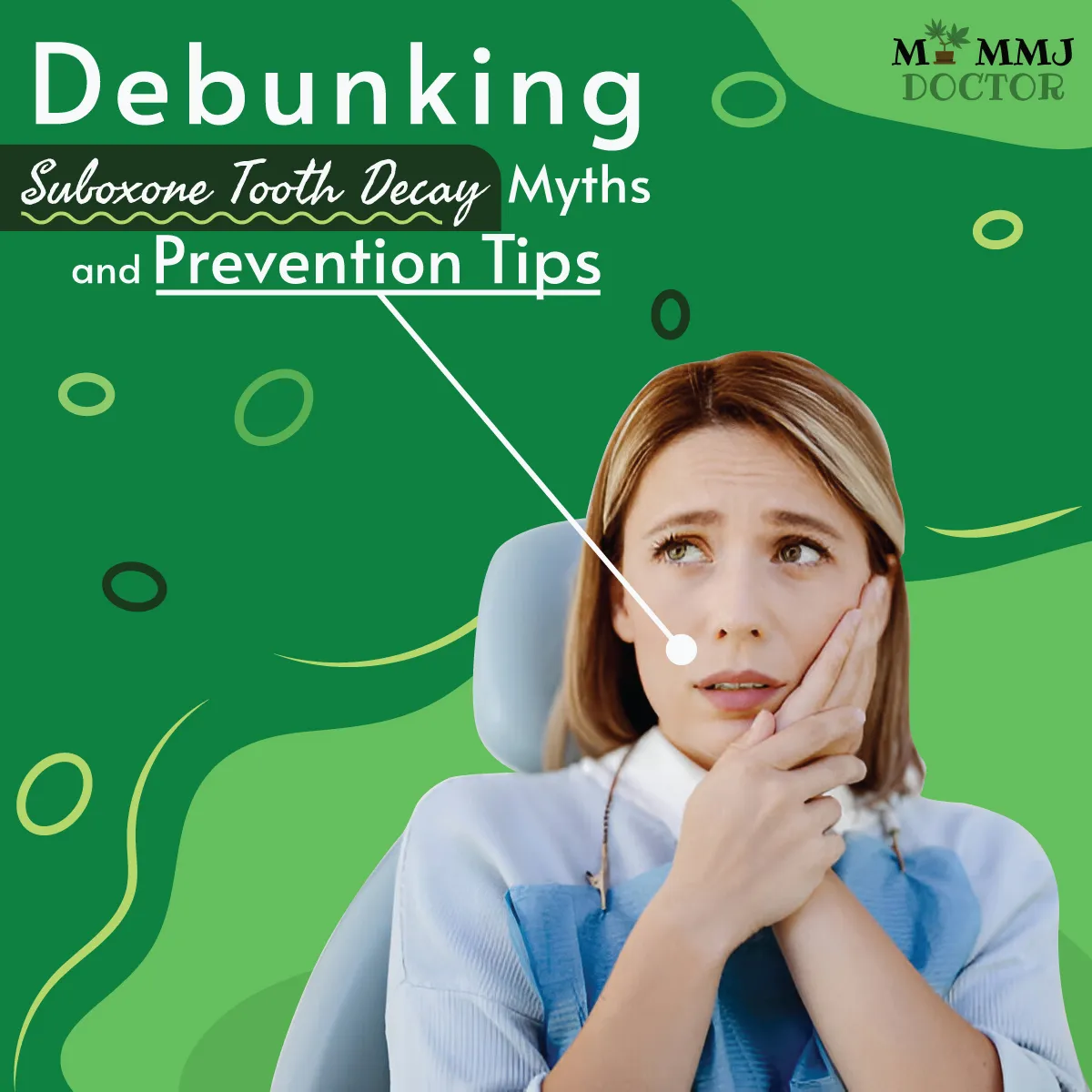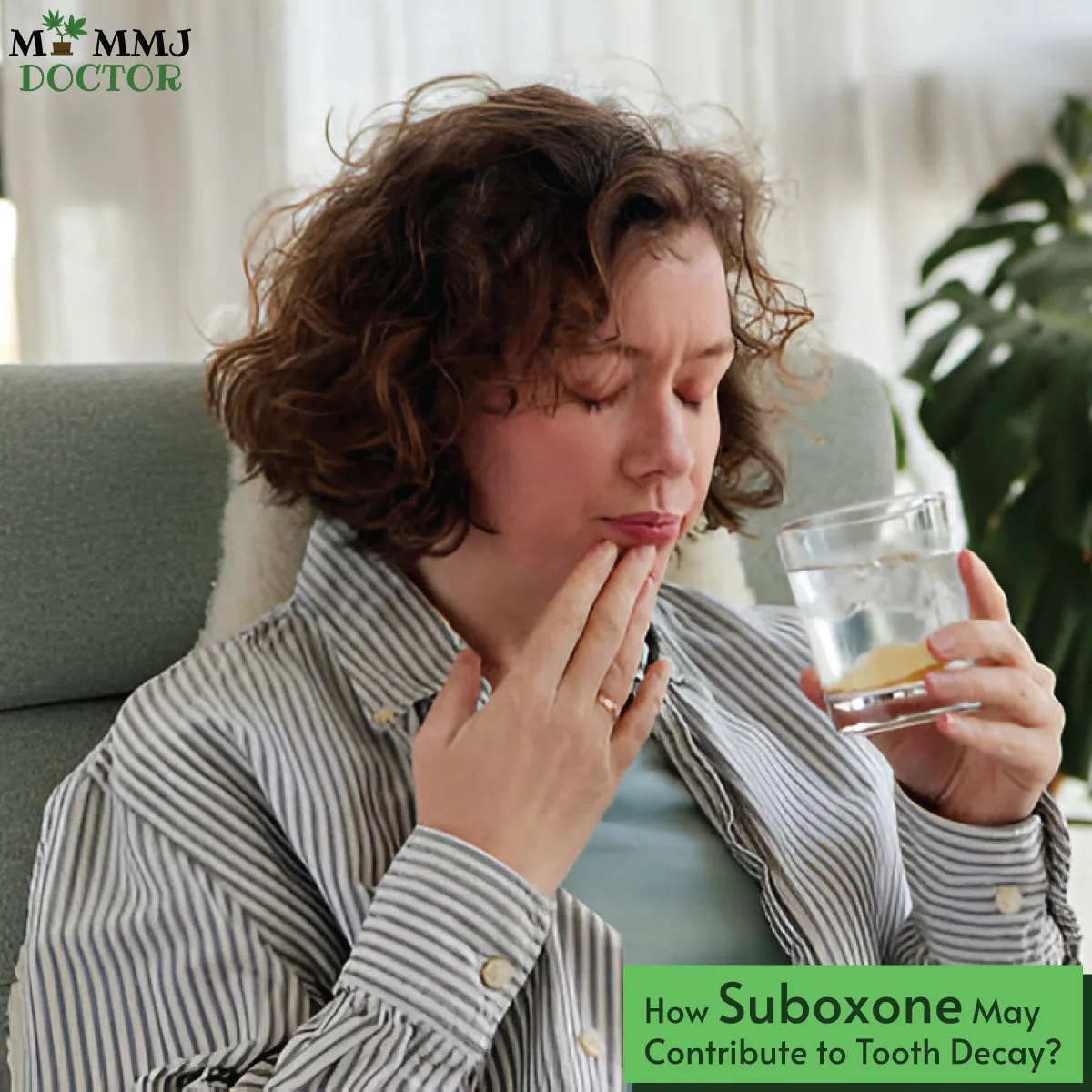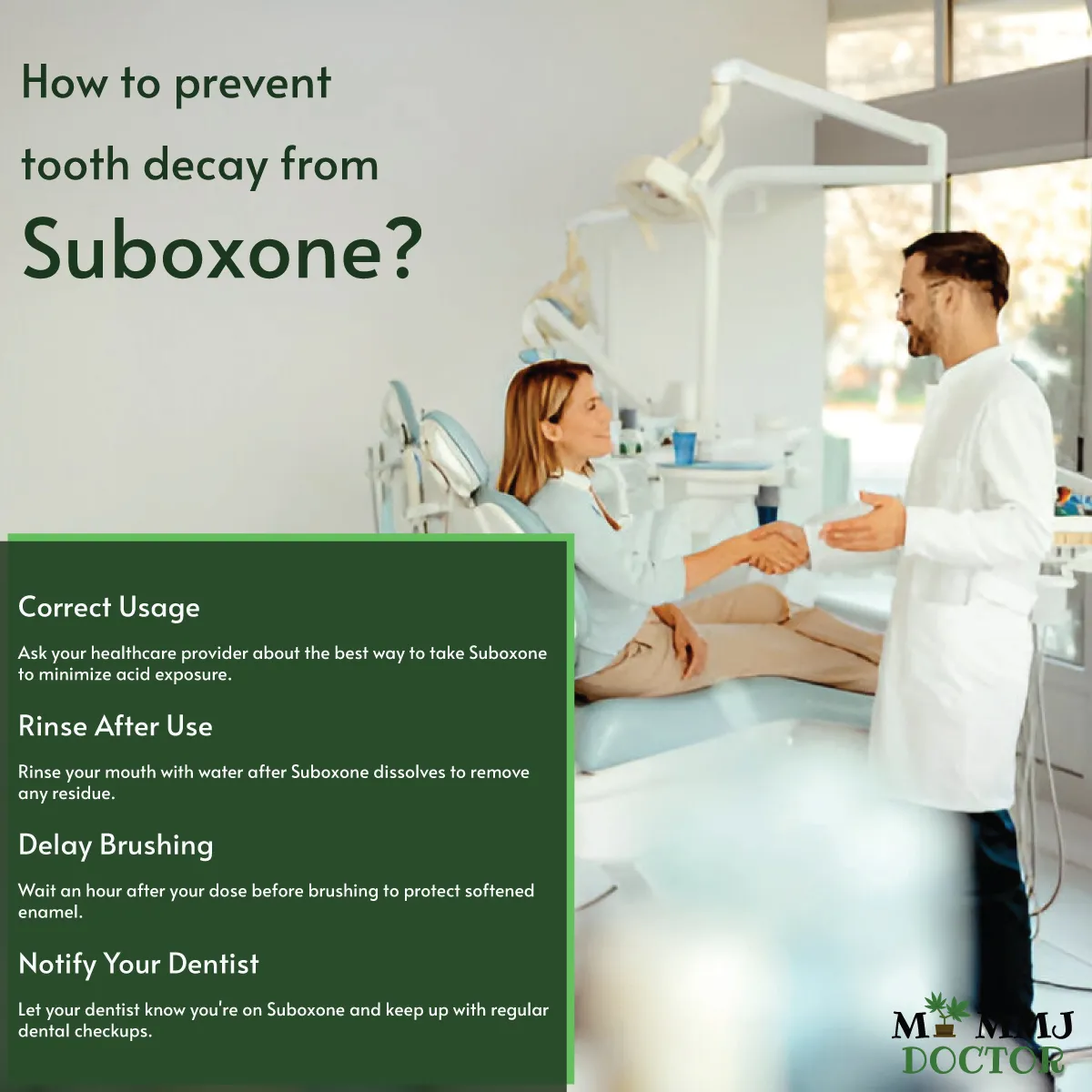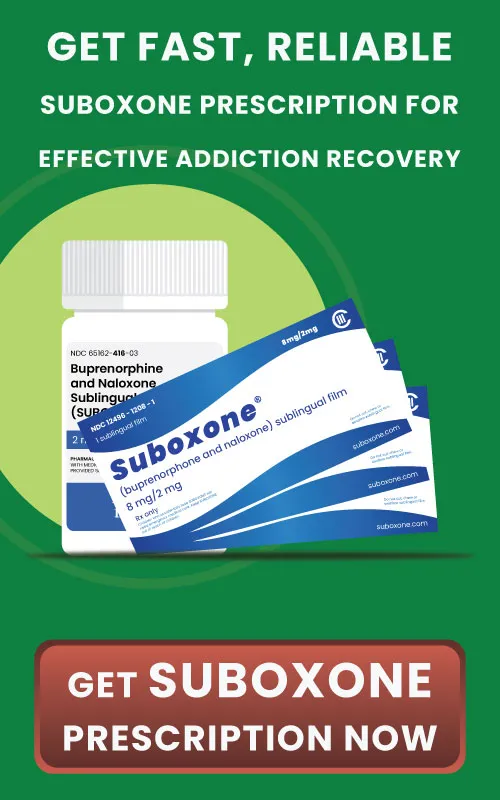Understanding the Misconception of Suboxone Tooth Decay Lawsuits and Their Solutions

Many individuals struggling with opioid use disorder (OUD) have turned to Suboxone as a lifeline, using it to manage withdrawal symptoms and cravings without the high associated with traditional opioids. However, in some cases, overuse of Suboxone has emerged as a concern, with patients unknowingly taking higher doses than prescribed. This overuse, combined with the medication’s acidity and prolonged contact with the mouth when taken sublingually, has contributed to a rise in dental problems, including tooth decay. As a result, lawsuits have been filed better known as Suboxone Tooth Decay Lawsuit against Suboxone’s manufacturer, Indivior, alleging they failed to warn users about these dental risks.
In this article, we’ll explore Suboxone and the truth about its potential effects on oral health, and the ongoing legal battles, offering clarity for those seeking to understand the connection between Suboxone use and dental issues.
Recent Suboxone Oral Health Lawsuits:

Why does Suboxone cause tooth decay?

- Tooth Decay: Enamel breakdown, increasing the likelihood of cavities.
- Gum Disease: Inflammation and infection in the gums, exacerbated by dry mouth.
- Oral Infections: Higher risk of abscesses and other infections.
- Tooth Erosion: Enamel loss weakens the tooth structure.
- Dry Mouth (Xerostomia): Reduced saliva lowers the mouth’s ability to neutralize acids and cleanse itself.
- Tooth Sensitivity: Greater sensitivity from enamel erosion or gum damage.
Scientific Studies and FDA Warnings:
Research has confirmed links between Suboxone use and dental health problems:
- FDA Reports: The FDA has highlighted cases of severe dental issues like decay and tooth loss in patients using Suboxone and similar drugs, leading to updated warning labels.
- University of Houston Study: NIH-funded research by Dr. Bing-Yan Wang is examining how high oral exposure to buprenorphine may lead to increased tooth decay, with potential preventive insights.
- Blue Coast Behavioral Health: Analysis of FDA reports shows numerous cases of dental damage in Suboxone users, some occurring within two weeks of treatment.
- BMJ Drug and Therapeutics Bulletin: This study reviews the dental side effects associated with buprenorphine-based medications like Suboxone.
- American Journal of Medicine: This study discusses buprenorphine’s broader side effects, including dental health risks, emphasizing the need for dental assessments in treatment plans.
These studies underline that, while effective for treating opioid use disorder, Suboxone requires careful monitoring for dental side effects to help protect patient health.
What Are the Myths About Buprenorphine and Tooth Decay?
Here are some misconceptions that have contributed to the belief in Suboxone-related tooth decay:-
- Not all Suboxone users experience dental problems; many report no tooth decay or pain.
- Over 2 million Americans use Suboxone each year, and dental issues are not universal among them.
- Some believe Suboxone’s dental risks outweigh its benefits, but experts agree its benefits for treating opioid use disorder (OUD) are much greater.
- In 2022, the FDA released a safety notice about the risk of tooth decay with buprenorphine (the active ingredient in Suboxone). However, organizations like the American Academy of Addiction Psychiatry (AAAP) and the American College of Academic Addiction Medicine (ACAAM) pushed back. They asked the FDA to reconsider, saying the evidence was not strong and that the notice might increase stigma, making it harder for people to seek help with addiction.
- Dental issues with Suboxone often affect only one tooth, suggesting other factors may play a role beyond just Suboxone use.
How to prevent tooth decay from Suboxone?

- Use the Right Technique
Ask your healthcare provider how to take Suboxone correctly. For instance, If taking multiple tablets or strips, try placing them together to limit acid exposure. - Rinse Your Mouth
Rinse your mouth with water after the tablets or strips dissolve to wash away any remaining medication. - Wait Before Brushing
Suboxone may soften tooth enamel, making it vulnerable. To give enamel time to reharden, wait at least an hour after your dose before brushing. - Inform Your Dentist
Let your dentist know you’re using Suboxone, and consider regular checkups. The American Dental Association advises seeing your dentist when starting Suboxone to monitor oral health.
Don’t stop Suboxone without consulting your healthcare team, even if dental issues arise. Your provider can help you address any dental concerns while continuing OUD treatment.
Dental Procedures While on Suboxone
If you need dental work, collaborate with your dentist and healthcare provider to manage any pain afterward. Options may include:
- Using NSAIDs (like ibuprofen) or Tylenol
- Continuing your Suboxone dose and adding a short-acting pain reliever if needed
- Temporarily increasing your Suboxone dose for pain control.

How Can You Find Reliable Resources for Safe Suboxone Use?
If you’re seeking trusted, reliable guidelines for safe Suboxone use, finding a licensed doctor is essential. Look for doctors who specialize in addiction treatment and have a history of successful Suboxone care. Reading patient reviews, checking credentials, and ensuring the doctor offers clear, professional guidance are all good indicators of quality care.
One trusted option is My MMJ Doctor, where our licensed doctors offer secure online consultations to review your full medical history, including dental history, and help you access professional Suboxone guidance right from home.
Takeaway
FAQs
- Which states offer Suboxone treatment through My MMJ Doctor?
Suboxone treatment through My MMJ Doctor is available in several states, including California and Oklahoma. If you’re looking for a safe and effective way to manage opioid use disorder, My MMJ Doctor offers access to licensed professionals who can prescribe Suboxone in these states. You can consult with a doctor remotely, ensuring that you receive the care you need without needing to visit a clinic in person.
- Who Can Prescribe Suboxone?
Suboxone can be prescribed by primary care doctors who have the necessary training and registration. Other doctors, such as pain management specialists and psychiatrists, are also qualified to prescribe it.
In some states, certain non-physician healthcare professionals can prescribe Suboxone as well, including:- Nurse practitioners (NP)
- Physician assistants (PA)
- Clinical nurse specialists (CNS)
- Certified registered nurse anesthetists (CRNA)
- Certified nurse-midwives (CNM)
Related Articles
How to Get Suboxone?
How to Get Suboxone?Opioid use disorder (OUD) is a public health issue that affects millions of individuals and their families. As the crisis gets worse, good treatment options are important for helping people take control of their lives. One...
How Long Should You Be on Suboxone?
How Long Should You Be on Suboxone?Some people may choose to take Suboxone for just a few months to manage withdrawal, while others may need it long-term to treat opioid use disorder (OUD). Suboxone helps reduce cravings, eases withdrawal...
What is Suboxone?
What is Suboxone? Uses, Dosage and MisconceptionsAddiction is a serious condition that changes people's life both personally and professionally. Not only that but also changes how the brain works, making it hard for people to stop using...





0 Comments